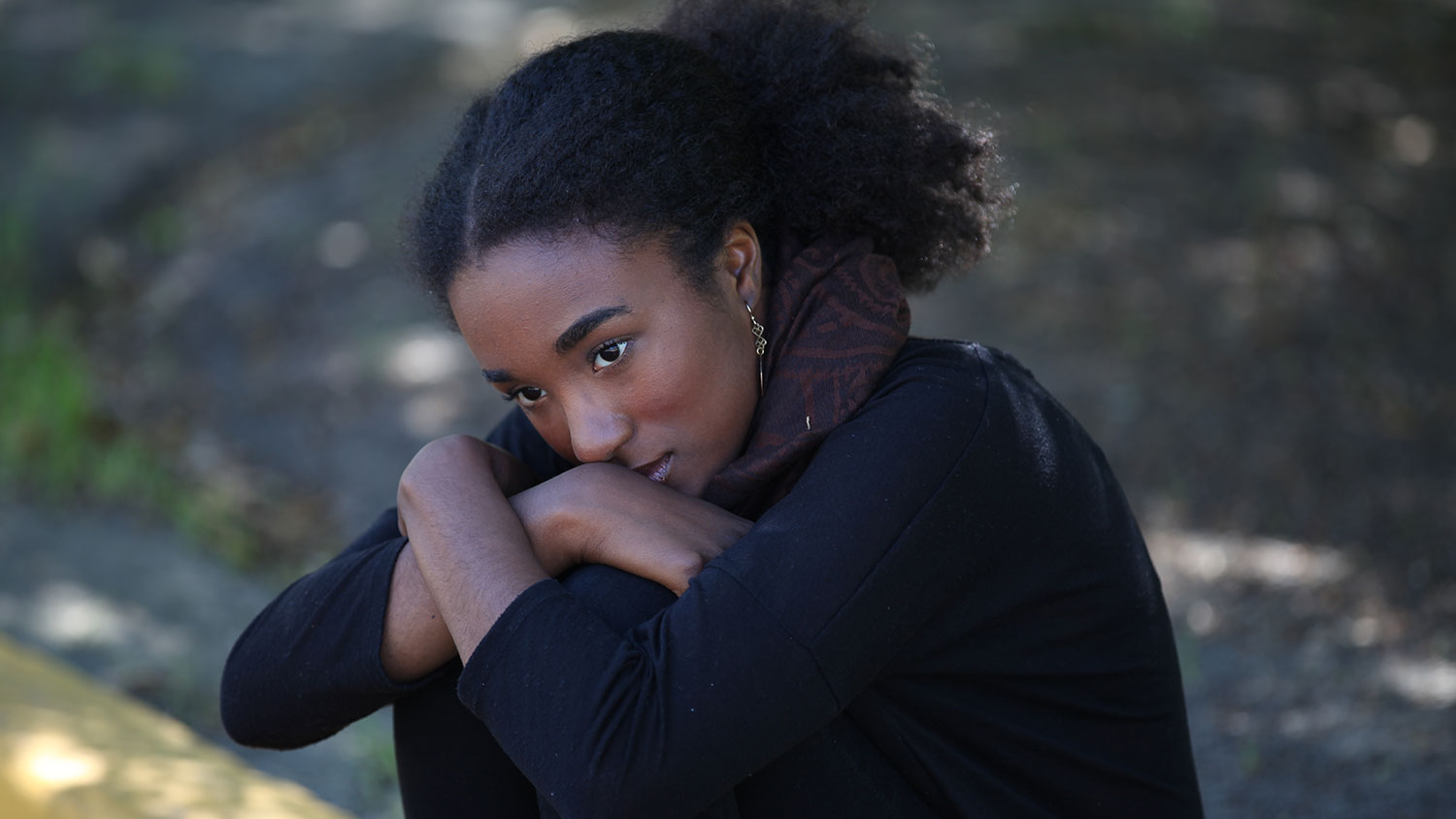
Skye Sarac reflects on the difficult academic year that is nearly behind us, and how the pandemic increased the privilege of some. She also explores social anxiety, mental health, and the collective trauma some have experienced.
Two weeks ago, I got my first dose of the COVID-19 vaccine. While I felt happiness and gratitude, I also felt a strong sense of dread. For the past 13 months, I have only left the house to get essentials and have not seen anyone in person other than my immediate family. My world has not felt small, though; I still have school, friends, my job, therapy, etc., it’s just all from the comfort of my desk. In fact, it has almost been a relief that I can use concern for other people as a reason to stay home, even though I know it is mostly due to my social anxiety.
Now that I am almost fully vaccinated, however, I will no longer have an excuse to avoid the real world, and I can’t think of anything more terrifying. Of course, I am extremely privileged to be able to work from home, and I know that for many, life has remained mostly unchanged since the pandemic began. According to an article from the American Psychological Association, it is normal to feel guilty for being better off during times of collective trauma, and to get caught in thoughts like “others have it worse.”1 However, this kind of thinking is not very productive, as it prevents us from taking concrete action to help others, not to mention that comparing your situation to others’ constantly is draining.
In previous article, I described the pandemic as a form of collective trauma, and unlike some other forms of trauma, it is long-lasting and omnipresent. It can be difficult sometimes to discern what constitutes trauma and what does not, especially due to the rampant misinformation that is spread on social media. I personally do not consider myself to have gone through any trauma, although my response to the pandemic has made me question that narrative a bit. Just the thought of going out in public makes my heart start pounding and my legs shaky, and I start having thoughts of all the terrible things that could happen.
Of course, labels are less important than addressing the symptoms themselves. And the symptoms are terrifying; in January, Mental Health America reported that the number of individuals who have considered self-harm or suicide is the highest since 2014. Studies have found that prolonged periods of isolation can increase suicidal thoughts and behavior and exacerbate symptoms of anxiety and depression in those who already have those conditions.
Last month, a survey conducted by the American Psychological Association found that about 49% of Americans are anxious about returning to life after COVID, and this includes those who are fully or partially vaccinated.2 This completely makes sense, given that for the last year our new normal has radically shifted, and now that normal is about to be upended. While some might view this fear as irrational, there are, in fact, extremely valid reasons to be afraid.
Some common symptoms among trauma survivors are trouble concentrating, feeling jumpy, getting startled easily and constantly being on guard.3 I have personally experienced all of these when being out in public in the past year, not only due to the fear of COVID but also the fear of mass shootings. According to a psychiatrist, the pandemic is traumatic because of “the sheer omnipresence of the disease and the degree to which it has impacted our lives.”4 Of course, those with marginalized identities have had to feel the impact much more, and in ways I could never understand as someone with a great deal of privilege.
While issues like systemic racism and gun violence are likely not going to go away soon, it is imperative that we continue to reach out to and support others as we all heal from the collective trauma of the pandemic. This could mean reaching out for the first time (or the second or the fourth) or building your own support network of people you feel safe and comfortable with. Some other classic strategies include limiting media consumption or picking one thing to do everyday that brings you joy.
Whether you are just returning to a “normal” life or have already been back to normal for a while, it is important to remember that the pandemic has impacted everyone regardless of their situation, and just like any trauma, it is going to take a long time for us all to heal. I know that as soon as I become fully vaccinated, I am going to start taking baby steps towards being out in public again, and I am looking forward to the challenge.
References
- American Psychological Association . (2019, October 30). How to Cope With Traumatic Stress. American Psychological Association.
- Changwon, S., Hegde, S., Smith, A., Wang, X., & Sasangohar, F. (2020). Effects of COVID-19 on College Students’ Mental Health in the United States: Interview Survey Study. J Med Internet Res. , 22(9).
- US Department of Veteran Affairs. (n.d.). Common Reactions After Trauma. PTSD: National Center for PTSD.
- DeNobel, J. (2021, April 16). COVID-19 and PTSD: A Pandemic’s Hidden Trauma. HUB.
Skye Sarac is an undergraduate intern in the Women’s Center.